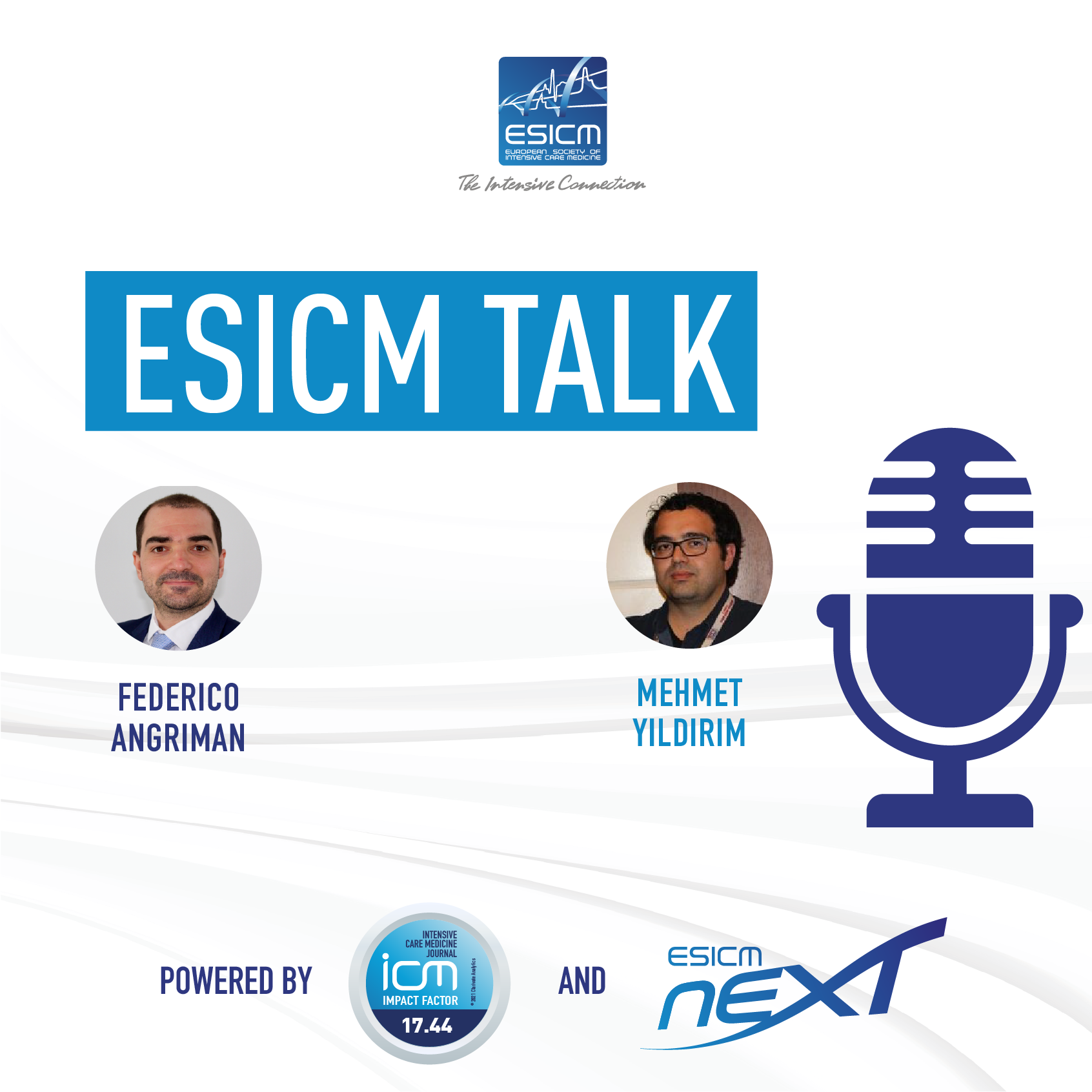Sepsis hospitalisation and risk of subsequent cardiovascular events in adults

An ESICM Talk powered by the ICM Journal & the NEXT Committee
Sepsis refers to a dysregulated response to infection-causing end-organ dysfunction. It is associated with short-term risks such as shock and in-hospital death.
Meanwhile, long-term consequences among sepsis survivors can include clinical deconditioning, recurrent sepsis, mental health issues, and increased risk of long-term mortality.
Moreover, recent investigations have demonstrated a possible association of sepsis with subsequent cardiovascular adverse events, including myocardial infarction, stroke, and congestive heart failure.
A large, population-based matched cohort study of adult patients without pre-existing cardiovascular disease has been performed to estimate the association between surviving a first sepsis hospitalisation and subsequent major cardiovascular events during long-term follow-up. Dr Angriman explains the findings of this recent study.